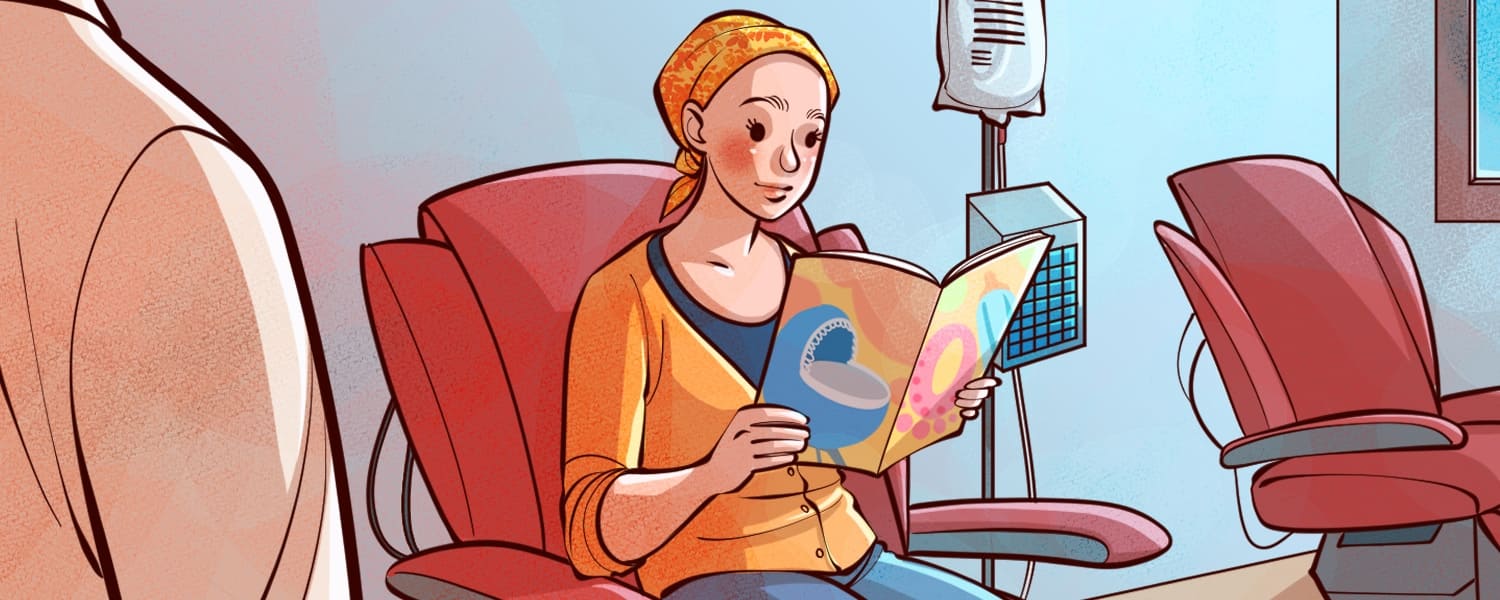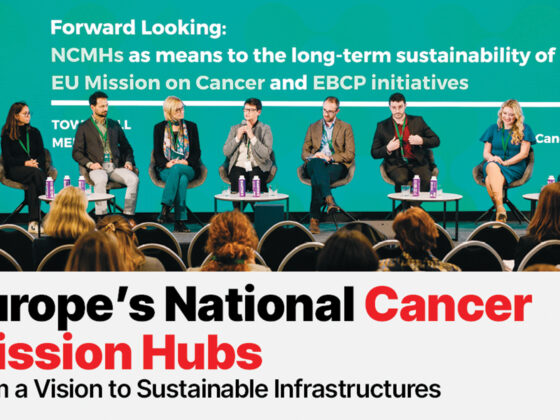Efforts to ensure that cancer patients can have children after treatment have been hampered in Poland by the lack of a national fertility service. The costs of fertility preservation – greater than the average Polish salary – have normally had to be paid out of patients’ own pockets, making it unaffordable to most.
At least, that was the case until 1st June 2024 (see 2022 Cancerworld feature on ‘Helping cancer patients preserve their fertility in one of Europe’s least supportive states’). Now everything has changed. Patients can access services to secure their fertility free of charge as part of a new state-funded fertility treatment programme. “This is a milestone,” says Marta Górna, Chair of the Nasz Bocian (Our Stork) Association for Infertility Treatment and Support for Adoption. “The coverage of the programme is very comprehensive.”
The state-funded programme will be available to people receiving, or due to receive, any cancer treatment that might damage fertility. It will cover women from puberty to the age of 40 and men from puberty to the age of 45. Anyone wishing to enter the programme will need referral from an oncologist. Cancer patients will be given priority in the government’s IVF programme.
Katarzyna Pogoda, a clinical oncologist from the Maria Skłodowska-Curie National Research Institute of Oncology in Warsaw, has only ever been able to give her younger breast cancer patients hope and information: hope that motherhood after cancer is possible and information that there are procedures available to secure fertility. She has always had to point out, however, that these procedures are normally not reimbursed, so patients would have to pay. Not anymore.
“It happened that some patients postponed their treatment, or gave up part of their treatment, because of their desire to have children”
“This programme is extremely important for young people, both women and men, who are often at the start of their careers and have limited income,” says Pogoda. “Now the costs of oncofertility, which have up until now been passed onto them, will disappear.”
She recalls many difficult conversations with patients. “It happened that some patients postponed their treatment, or gave up part of their treatment, because of their desire to have children. Now that fertility preservation is reimbursed, I hope that such cases will no longer occur.”
Joanna Kufel-Grabowska, a clinical oncologist at the Medical University of Gdańsk, is also enthusiastic. “In my day-to-day practice, not much will change. I will talk to patients in a similar way. But I will have much more freedom to talk to them without worrying about whether they can afford the oncofertility procedure.”
Marta Górna worries about the limited timeframe, however, with funding guaranteed only to 2028. Will it be extended? If not, will patients have to continue paying for cell storage themselves?
In Poland, where fertility services are concerned, a lot can depend on what is happening politically at the time. The previous IVF funding programme was terminated shortly after the 2015 elections, won by the conservative Law and Justice party.
A total of PLN 2.5 billion ($600 million) over four and a half years has been earmarked for the state IVF programme, which includes oncofertility. The programme is to be implemented by fertility treatment centres throughout Poland. Patients will be referred to the nearest one. “It is important that the procedure goes quickly and smoothly,” emphasises Pogoda.
Joanna Kufel-Grabowska has high hopes that the funding programme will make fertility procedures more accessible and widespread to cancer patients. As she points out, however, the chance that patients find out in time about the possibility of fertility preservation will depend in large part on the awareness of individual oncologists, and whether they talk to patients about the options. Now the funding programme is in place, she hopes that these conversations will happen more.
But Marta Górna says there is still a lot to do. She points out that there is still a belief among some that cancer treatment rules out any chance of parenthood. An information campaign is crucial, she says.
But she too is hopeful that a change will come, and that in the future patients who are told at the beginning of their treatment that they can still become parents in a few years’ time may look at their treatment in a completely different way: a time that will pass and there will still be life afterwards.












